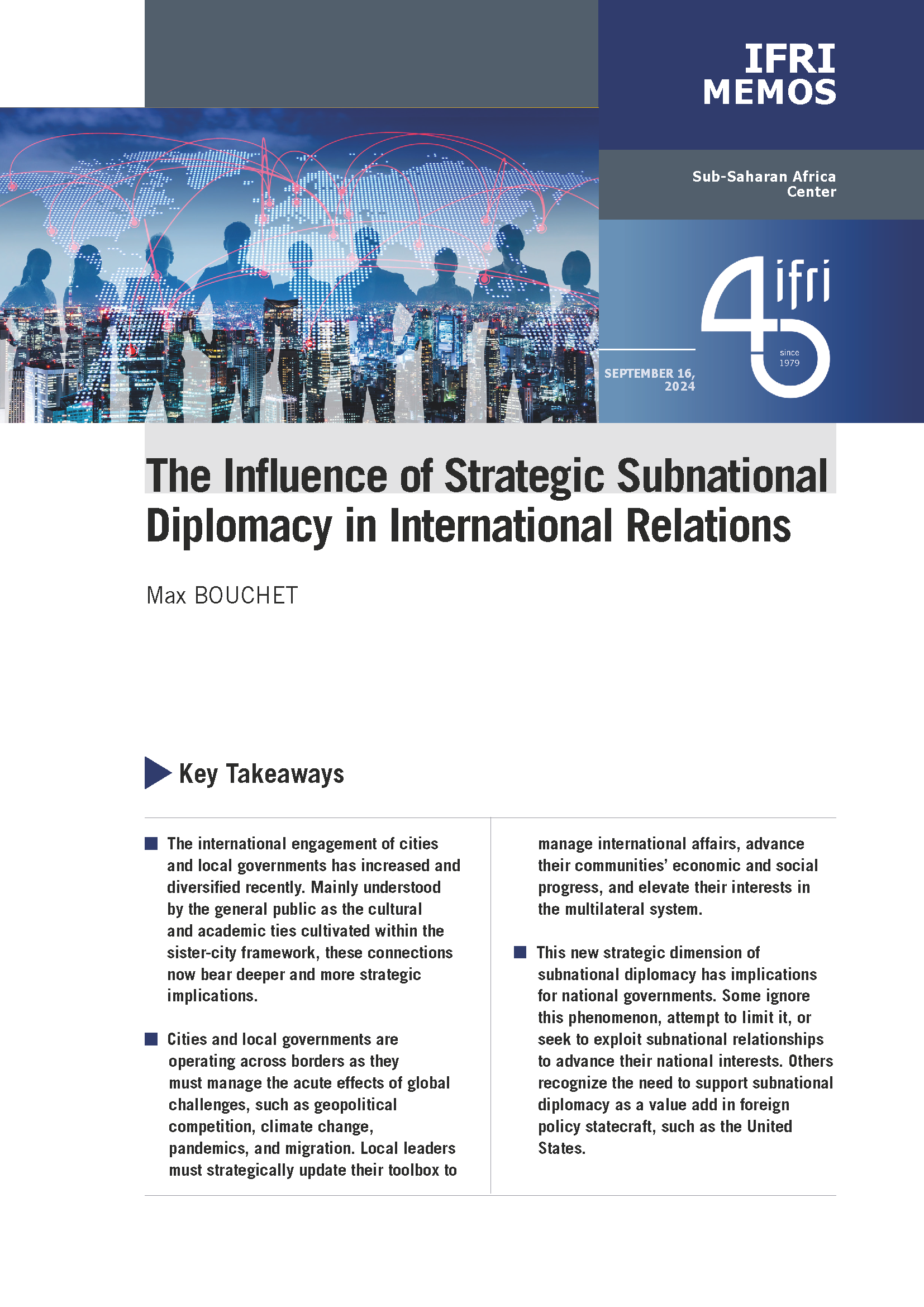The Rehnquist Court and Contemporary Federalism: The Challenge of Dual Sovereignty
For most of the twentieth century, the United States Supreme Court has played a centralizing role in American politics.
Since 1991, however, a slim majority of the Supreme Court has engaged in a concerted effort to restructure the post-New Deal balance of power and authority in the U.S. federal system, strengthening the prerogatives of States and modestly curtailing the Constitutional powers of the national government.
Although the practical effects of this judicial re-balancing have been limited thus far, the Court's conservatives are seeking to define a new and more active role for the Court in contemporary American federalism.
In so doing, their intellectual efforts to construct a working concept of divided sovereignty that can be applied to the complexities of modern government may have implications for European integration as well.
Download the full analysis
This page contains only a summary of our work. If you would like to have access to all the information from our research on the subject, you can download the full version in PDF format.
The Rehnquist Court and Contemporary Federalism: The Challenge of Dual Sovereignty






